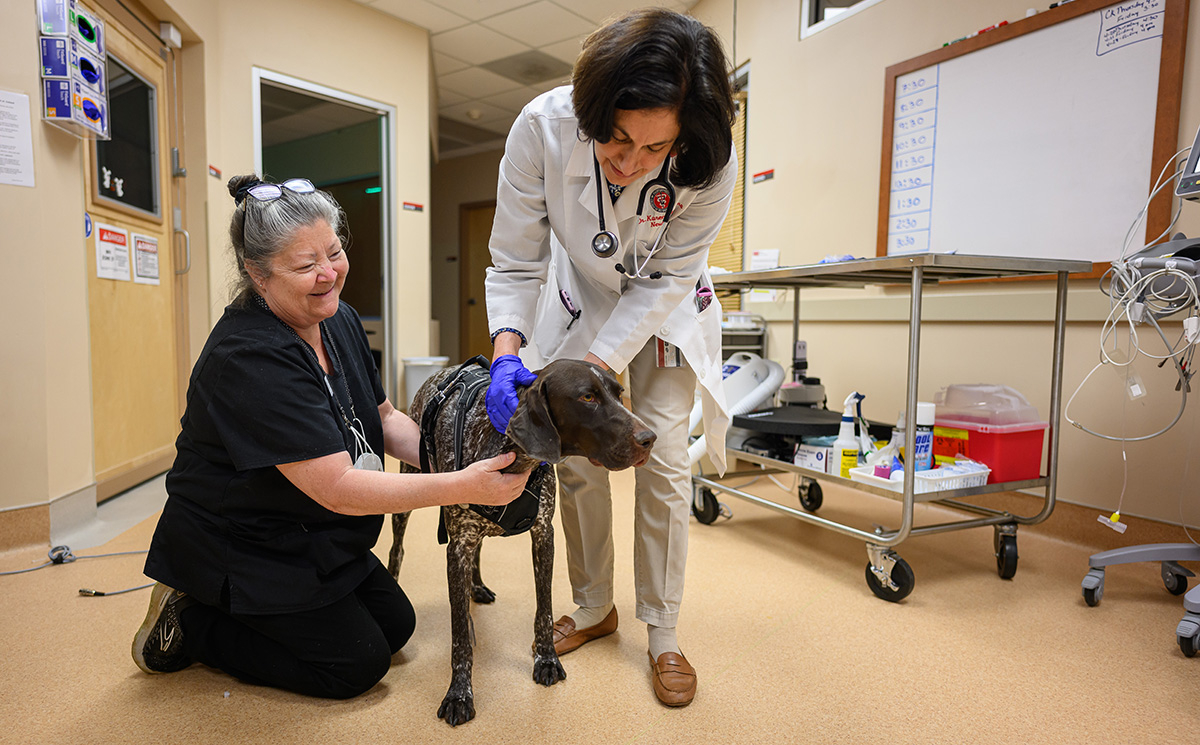A $1 million National Science Foundation S-STEM training grant will enable NC State’s College of Agriculture and Life Sciences to create a new interdisciplinary master’s program for students from underrepresented groups.
The Interdisciplinary Biochemistry Graduate Program will provide tuition for 20 master’s students in the Department of Molecular and Structural Biochemistry over five years.
“The program will increase the diversity of the college’s graduate student population and create opportunities for low-income and minority students to contribute to solving challenges in agriculture and human health, including environmental changes due to global warming, increased population pressures, and the relationship between nutrition and health,” said Bob Rose, grant PI and associate professor of biochemistry. “We need to include students of diverse backgrounds to tackle today’s complex problems.”
The grant will promote interdisciplinary research and training in biochemistry applied to problems in agriculture and human health. Jobs in biological, agricultural and environmental sciences are on the rise, Rose said, and in North Carolina alone, more than 40 percent of new jobs are in knowledge-intensive industries, with many in STEM disciplines.
“Graduates of the program will be prepared to find well-paying jobs in the agricultural and food industry or continue their academic training,” Rose said. This new program will promote job placement through seminars, workshops, career planning and opportunities to find internships in local companies.
Interdisciplinary training is valuable, Rose said, because the average worker changes jobs every four to five years. “Right now, 16 percent of the jobs in North Carolina are based in agriculture, with over 80 ag biotech companies in the state,” he said. “Training in a basic science such as biochemistry will provide students the flexibility to adapt to changes in the job market.”
After completing the three core biochemistry graduate classes, students can choose among 24 faculty members in five different departments for their master’s thesis research. Students will be introduced to the variety of research in different departments through a seminar series developed for the program.
The grant is focused on research areas in nutrition and metabolic regulation that link biochemistry to applications in the departments of Food, Bioprocessing and Nutrition Sciences; Plant and Microbial Biology; Animal Science and Poultry Science. The grant co-PIs are April Fogelman, assistant professor of nutrition sciences; Michael Goshe, associate professor of biochemistry; Terri Long, associate professor of plant biology; and Tamara Young, associate professor of education. Young will evaluate the success of the program in recruiting and supporting students and placing them after graduation.
Students will be recruited into the program from throughout North Carolina, and the first class is expected to enroll for fall 2018. Rose anticipates an average time to degree of 2.5 years.
“Ultimately we would like to develop an umbrella program for recruiting master’s and Ph.D. students,” Rose said. “Prospective graduate students are looking for choice and opportunities. An umbrella recruiting program will increase the competitiveness of our graduate programs, providing a large pool of advisers and labs to attract students.”
This post was originally published in College of Agriculture and Life Sciences News.
- Categories:



